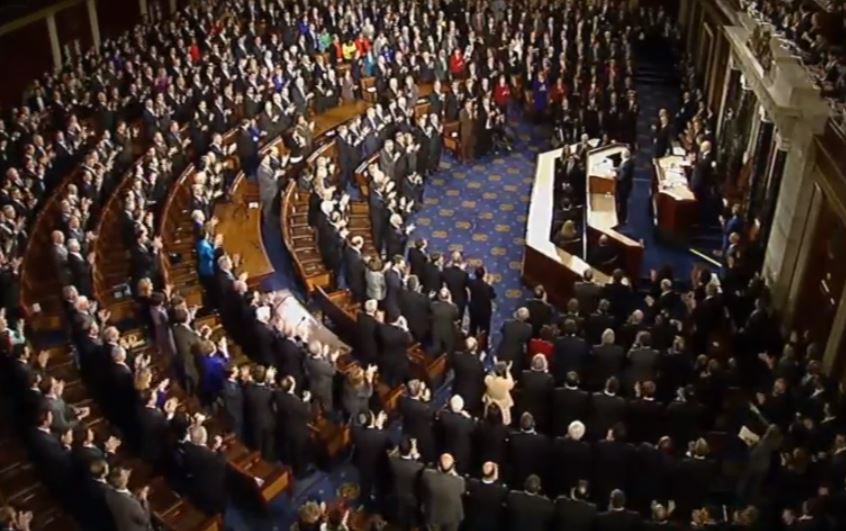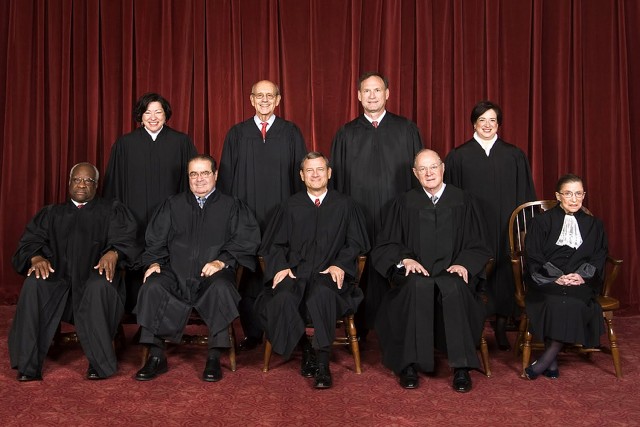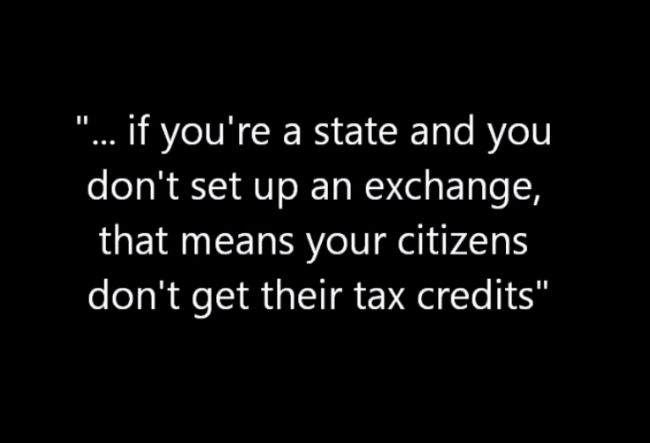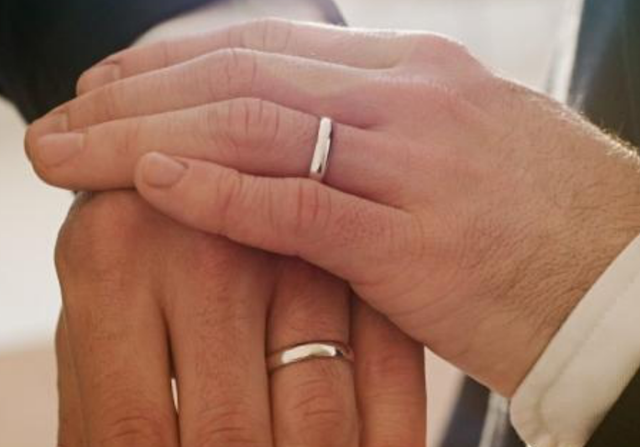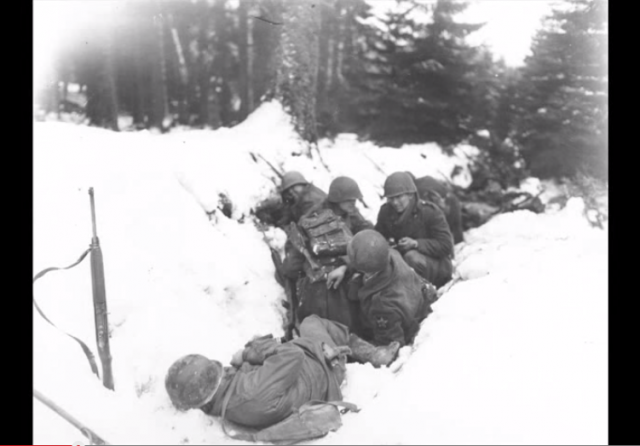Lost and found: looking for Flight 370
on July 31, 2015
11 Comments
After all the false leads in the year and a third since Malaysian Flight 370 vanished, we now have a real possibility that a piece of it has washed ashore, a sort of cryptic message in a bottle that may have drifted thousands of miles from wherever the plane's gravesite---and that of its 227 passengers and 12 crew---lies.
Unofficial reports are that the piece is indeed from a Boeing 777, the type of plane involved in the disappearance, and that there are no other 777s that are unaccounted for. Experts have been dispatched to identify it further and more exactly, aided by a number that was found on it which might be some sort of component number. The item appears from photos to be similar to a plane part known as a flaperon, which is a lightweight piece of an aircraft wing that "has sealed chambers, making it buoyant."
The buoyancy could help explain how it ended up on an island. Notice that the place it was found is named Saint-Andre de la Reunion Island, otherwise known as Reunion Island---a fitting name for the site of a plane's re-entry from the land of the lost into the realm of human awareness.



